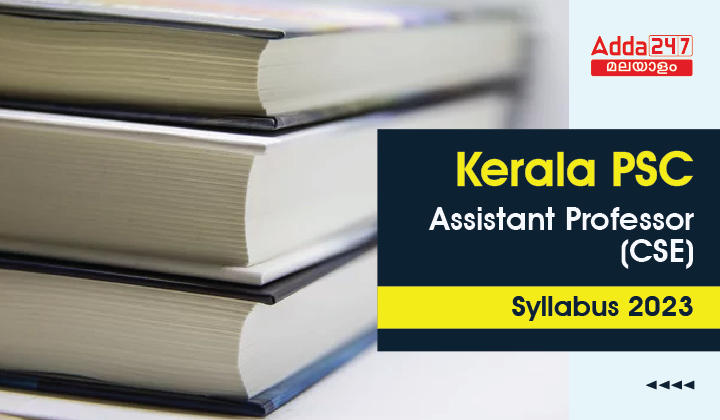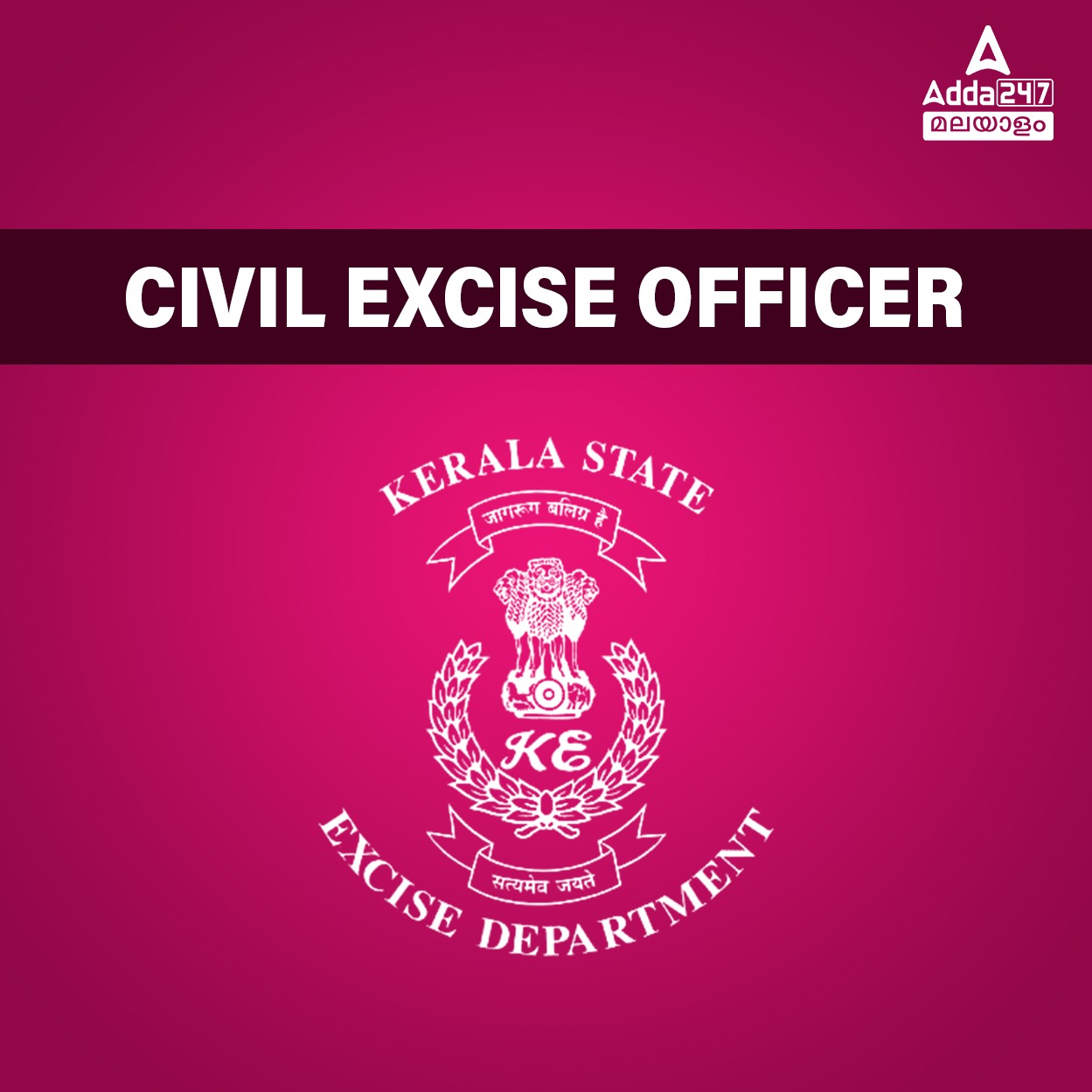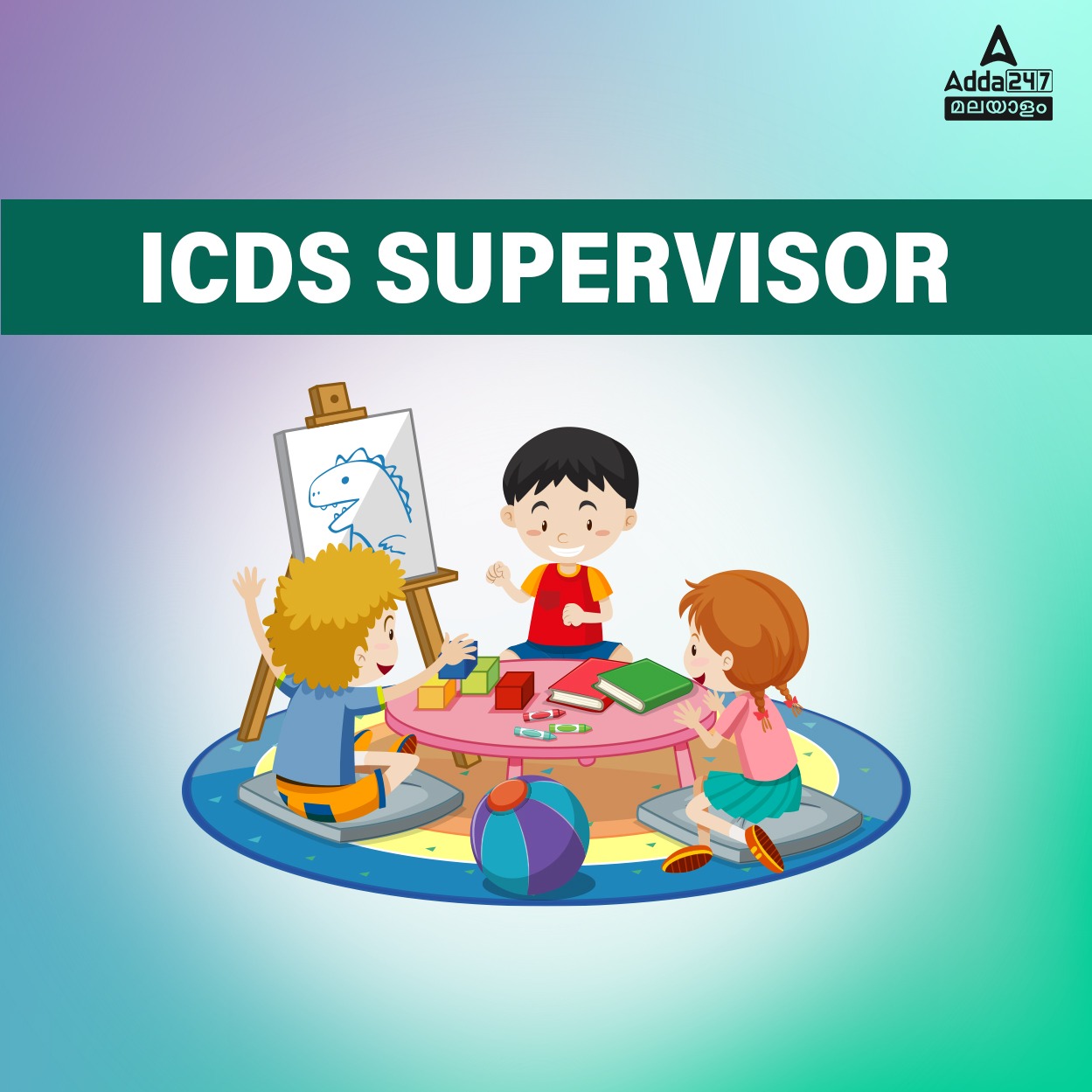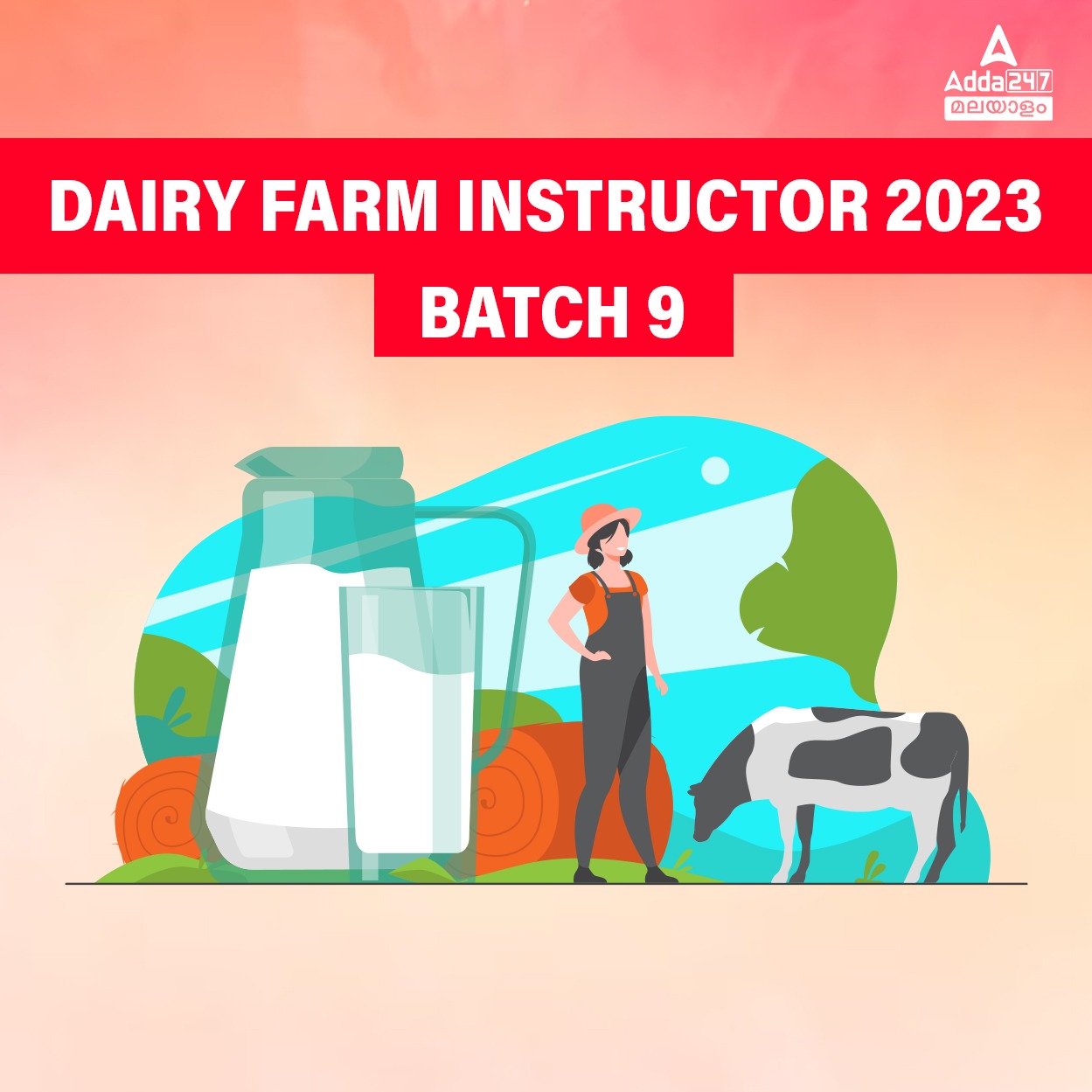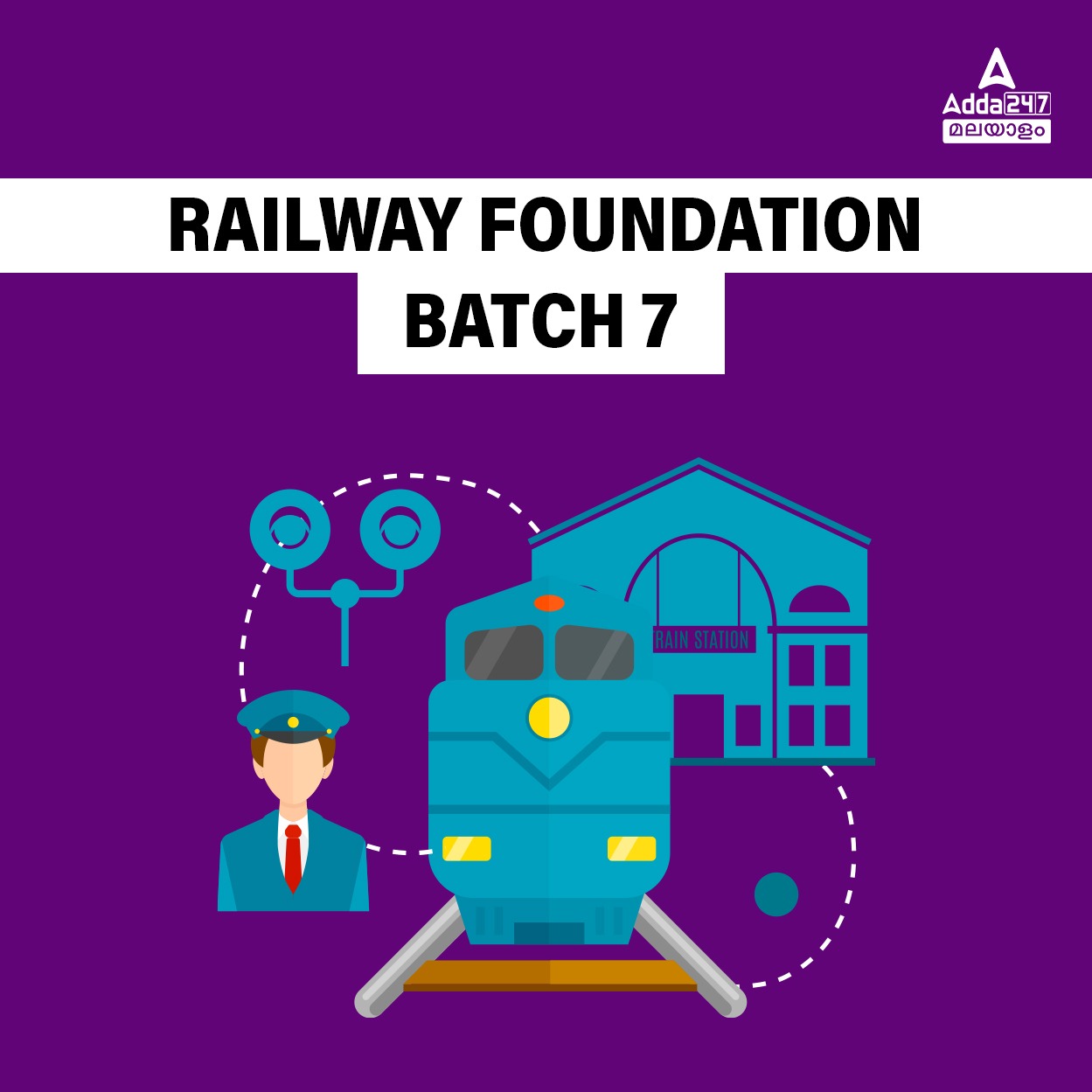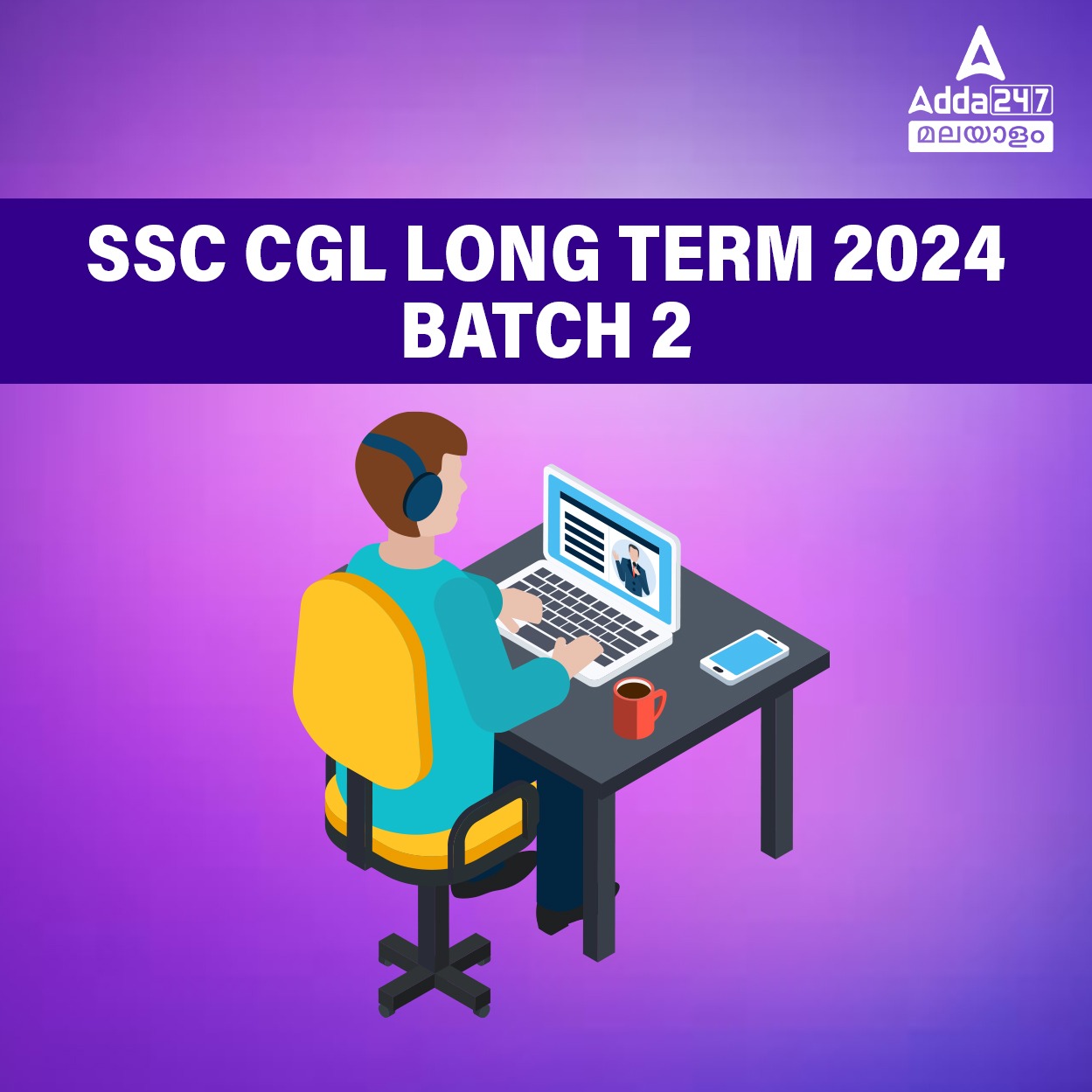Table of Contents
Kerala PSC Assistant Professor (CSE) Syllabus 2023: Kerala Public Service Commission has published Assistant Professor in Computer Science Exam Syllabus. If you have applied for the post of Assistant Professor (Computer Science and Engineering) and would like to know the detailed syllabus, then your search ends right here. In this article we will provide the detailed syllabus of the upcoming Assistant Professor Computer Science Exam 2023. In order to crack the exam, one needs to have a clear understanding of the syllabus, therefore read through Computer Science Assistant Professor PSC Syllabus to broaden your perspective. You can also download Assistant Professor Computer Science Kerala PSC Syllabus in pdf format.
Kerala PSC Assistant Professor (CSE) Syllabus 2023
Kerala PSC Assistant Professor Computer Science Exam Syllabus: പരീക്ഷയ്ക്കുള്ള തയ്യാറെടുപ്പുകൾ ആരംഭിക്കാൻ സമയമായി. പരീക്ഷയിൽ വിജയിക്കുന്നതിന്, സിലബസിനെക്കുറിച്ച് വ്യക്തമായ ധാരണ ഉണ്ടായിരിക്കണം, അതിനാൽ കേരള PSC കമ്പ്യൂട്ടർ സയൻസ് അസിസ്റ്റന്റ് പ്രൊഫസർ സിലബസ് 2023 വിശദമായി വായിച്ച് മനസിലാക്കുക. നിങ്ങൾക്ക് Assistant Professor Computer Science Technical Education Syllabus Pdf രൂപത്തിൽ ഡൗൺലോഡ് ചെയ്യാവുന്നതാണ്.
Assistant Professor Computer Science Exam Syllabus: Overview
ചുവടെ നൽകിയിരിക്കുന്ന പട്ടികയിൽ Kerala PSC Assistant Professor Computer Science Exam Syllabus സംബന്ധമായ എല്ലാ പ്രധാനപ്പെട്ട വിവരങ്ങളും ലഭിക്കും.
| Kerala PSC Assistant Professor Computer Science Exam Syllabus | |
| Organization | Kerala Public Service Commission |
| Category | Exam Syllabus |
| Department | Technical Education Department (Engineering Colleges) |
| Name of the Post | Assistant Professor (Computer Science and Engineering) |
| Category No. | 723/2021 |
| Last Date to Submit Confirmation | 23rd March to 11th April 2023 |
| Mode of Examination | ONLINE/ OMR |
| Medium of Questions | English |
| Total Marks | 100 |
| Duration of Examination | 1 Hour 30 Minutes |
| Official Website | www.keralapsc.gov.in |
Fill the Form and Get all The Latest Job Alerts – Click here
Kerala PSC Assistant Professor Computer Science Exam Pattern
| Kerala PSC Computer Science Assistant Professor Exam Pattern 2023 | ||
| Modules | Topics | Marks |
| Module I | Mathematics for CSE | 20 Marks |
| Module II | Computer Organization & Architecture | 15 Marks |
| Module III | Programming Languages & Database | 25 Marks |
| Module IV | Theoretical Computer Science | 25 Marks |
| Module V | Operating Systems and Computer Networks | 15 Marks |
| Total | 100 Marks | |
Assistant Professor Computer Science Syllabus: Download PDF
Assistant Professor in CS Exam Syllabus PDF ഡൗൺലോഡ് ചെയ്യാൻ, താഴെ നൽകിയിരിക്കുന്ന ലിങ്കിൽ ക്ലിക്ക് ചെയ്യുക.
Kerala PSC Assistant Professor Computer Science Syllabus 2023 PDF Download
Assistant Professor Computer Science Kerala PSC Syllabus 2023 Detailed
Module 1- Mathematics for CSE (20 Marks)
- Linear Algebra: Matrices, Rank, system of linear equations, consistency, eigen values, eigen vectors, Cayley Hamilton theorem, diagonalisation, linear dependence and independence of vectors.
- Basics of mathematical logic: Basic connectives and truth table, statements, logical connectives, tautology, contradiction. logical equivalence, principle of duality, implication, contrapositive, converse, inverse.
- Counting Theory: Rule of sum, rule of product, permutations. combinations, binomial theorem, combination with repetition, Pigeon hole principle, principle of inclusion and exclusion.
- Sets, Relations and Functions: Sets, relations, different types of relations, functions, different types of functions.
- Algebraic Structures: Homomorphism, isomorphism, semi groups, monoids, groups, commutative groups, sub groups, Lengrange’s theorem, rings, fields. vector spaces.
- Graph Theory: Graphs, subgraph, connectivity, independence sets, cliques, bipartite graphs, vertex cover, vertex colouring, planar graphs, graph representations.
Module 2- Computer Organization & Architecture (15 Marks)
- Digital Logic: Number representations and computer arithmetic (fixed and floating point), logic functions, minimization, design and synthesis of combinational and sequential circuits. State Machines.
- Computer Organization: Machine instructions and addressing modes, control design, memory interface, I/O interface, DMA, interrupts, pipelining, memory hierarchy – cache memory.
Module 3- Programming Languages & Database (25 Marks)
- Programming in C: Data types, operators, type conversions, control statements, user defined functions, arrays, pointers, structure and union, file operations.
- Object Oriented Programming Concepts: classes and objects, data abstraction, data hiding, data encapsulation, inheritance, polymorphism, abstract classes, interfaces, packages.
- Programming Language Concepts: Parameter passing, binding, scope, recursion, imperative, declarative, functional and logic languages.
- Databases: ER model, relational algebra, tuple calculus, database design, integrity constraints, normalization, SQL, transactions and concurrency control.
Module 4 – Theoretical Computer Science( 25 Marks)
- Data Structures and Algorithms: Arrays, stacks, queues, linked lists, trees, binary search trees, binary heaps, graphs, searching and sorting algorithms.
- Analysis and Design of Algorithms: Analysis – space and time complexity, Asymptotic Notations, Design strategies – divide-and-conquer, greedy, dynamic programming, branch and bound, complexity classes – P, NP, NP-hard, NP-complete.
- Theory of Computation: Representation of regular languages -finite automata, regular expression, regular grammar, closure properties of regular languages, Existence of non regular languages, Representation of context-free languages – pushdown automata and context free grammar, closure properties of context free languages, Context sensitive languages, recursively enumerable and recursive languages, Turing machines, undecidability of Turing machines.
- Language Translators: Compiler design, lexical analysis, parsing, syntax directed translation, code generation and optimization, assemblers, linkers and loaders, macroprocessors.
Module 5- Operating Systems and Computer Networks( 15 Marks)
- Operating System: processes, threads, inter-process communication, synchronization, deadlocks, CPU scheduling, memory management and virtual memory, file systems, I/O systems, protection & security.
- Computer Networks: ISO/OSI reference model, TCP/IP model, flow control, error control, IPV4 header format, IPV4 addressing, IPV6 header format, routing algorithms, congestion control, connection oriented and connectionless protocols in the transport layer, application layer protocols, network devices.
| RELATED ARTICLES | |
| Kerala PSC Assistant Professor Mechanical Syllabus | Kerala PSC Assistant Professor (Civil) Syllabus |
| Kerala PSC Assistant Professor in Pharmacy Syllabus 2023 | |

